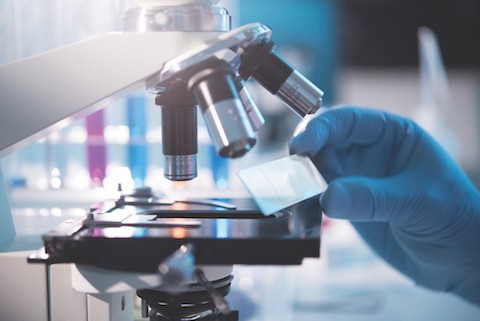
UK Biobank’s imaging study is set to embark on its second stage of whole-body scans of 60,000 volunteers. The large-scale biomedical database and research resource contains in-depth genetic and health information from half a million UK participants.
Beginning in 2014, the imaging study came about after a collaboration between Medical Research Council (MRC), Wellcome, British Heart Foundation, Dementias Platform UK and is being provided by MRC, Calico, Chan Zuckerbeg Initiative (CZI).
Participants were invited to undergo scans to see how their brains, hearts, abdomens and bones have aged over time. Two to seven years after the first scans, second scans will allow scientists to accelerate research into diagnosis, treatment and prevention of major diseases.
Requiring large amounts of scanned data collected through magnetic resonance imaging (MRI), ultrasound, X-ray and dual energy X-ray absorptiometry (DEXA), all patients will undergo five hours of scans. This includes MRI scans of the heart, brain and abdomen, DEXA measures of bone density and ultrasounds of carotid arteries to collect data.
Principal investigator of UK Biobank, Professor Sir Rory Collins, said: “Most large studies typically scan just a single body part of a few thousand people, so this project is truly unique as not only are we working at a vastly bigger scale, but we record images of multiple parts of each person’s body, so you can study the whole individual and see how it all relates.”
Using the UK Biobank’s existing health and genetic data, scientists can cross-reference the new imaging data findings and compare it to further understand disease and assess diseases. This will help understand those that can develop later in life such as neurodegenerative or cardiovascular disease, and see how they change over time.
Chair of the UK Biobank, Professor Paul Matthews, described the database as “the most comprehensive database in the world for scientific and health related research”. The vast amount of data will be made available to approved researchers in over 90 countries around the world, to provide invaluable collaborative research and compare repeat-imaging information.
The unique project in data collection is one of the largest in the world, used to make new fundamental discoveries, support development of new treatments and better understand diseases and their diagnosis.




